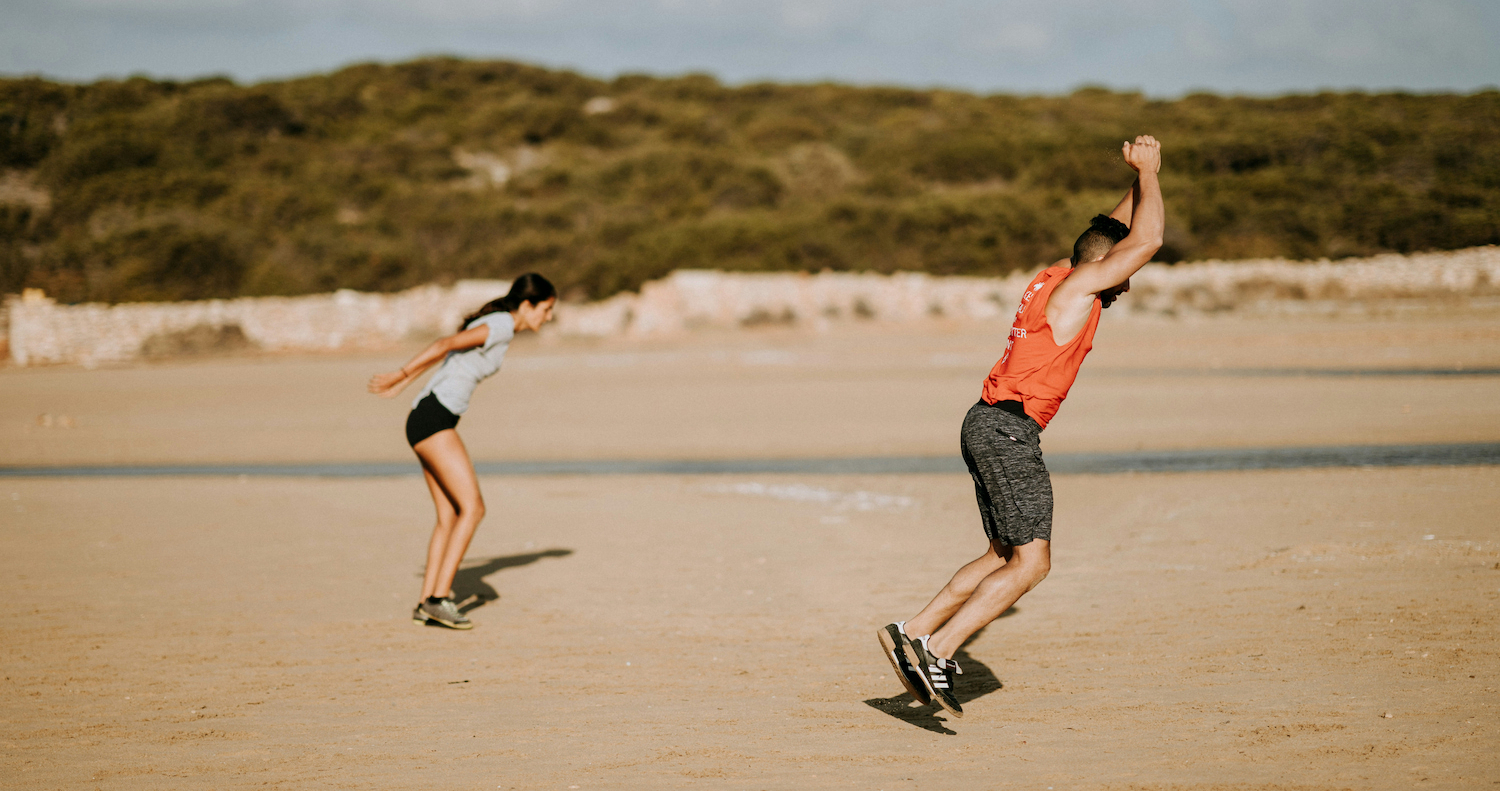What is cognitive function?

Cognitive function encompasses fundamental abilities such as memory, the capacity to focus, creativity, and even intelligence, and has a significant impact on our overall quality of life.1, 2
The brain undergoes continuous development and remodeling based on our experiences and the cognitive challenges we face. Neurons communicate with each other through synapses, and these connections can strengthen or weaken over time. Engaging in stimulating activities can help maintain these neural connections and possibly delay cognitive decline.1, 3
Why is cognitive health so important?

As we age, the significance of cognitive vitality becomes even more apparent. With increasing life expectancy, the potential for longevity has expanded, making cognitive health a priority for older adults. A sharp mind is the key to unlocking a world of possibilities. It enables us to navigate the challenges of everyday life with clarity and efficiency, improving our decision-making abilities and enhancing our overall productivity.
By prioritising brain health, we can potentially delay or mitigate the onset of age-related cognitive decline and neurodegenerative diseases such as dementia, Alzheimer’s, and Parkinson’s. This not only benefits individuals but also has broader societal implications, easing the burden on healthcare systems and fostering a more engaged and active ageing population.
Does physical activity protect against cognitive decline?

Physical exercise is by far the #1 recommendation of all neuroscientists. Regular physical activity has been shown to improve cognitive function and protect against age-related declines in brain health.2
Movement not only helps to increase, repair, and maintain brain cells, but it also makes you more productive and alert. In other words, there is a direct correlation between movement and brainpower and the effect is almost immediate. And there are countless studies to prove that.

A 2018 study illustrates that the elderly with higher fitness levels typically have greater odds of being able to remember words than those who are less fit.4 Another research on cyclists aged 55 to 79 demonstrates that they possess an extraordinary level of mental health. Not only are their bodies in remarkable shape, but also tests measuring agility, mental well-being and life satisfaction yielded astonishingly high scores.5
According to the UK’s Alzheimer’s Society, an evaluation of 11 studies reveals that regular physical activity can considerably reduce the likelihood of dementia by 30%, and for Alzheimer’s disease specifically, an incredible 45%. Exercise is a power player when it comes to protecting your brain health.6
Engage in activities that challenge your body and mind, such as aerobic exercise, strength training, and balance and coordination exercises. Even low-intensity activities, like simple walking, can make a positive change for your brain and mind.
Receive Exclusive Tips & Weekly Digest – subscribe to our newsletter






